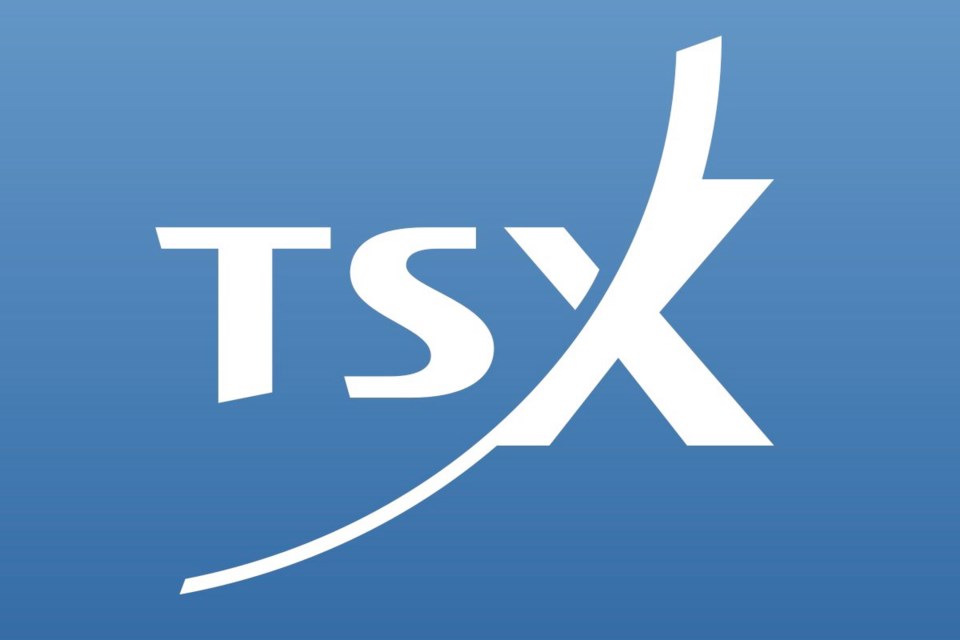TORONTO — The loonie jumped nearly three-quarters of a cent Wednesday, punching above the 81-cent mark, following comments by the U.S. Treasury Secretary that a weaker greenback is good because it helps American exporters.
The Canadian dollar closed at an average trading price of 81.03 cents US, up 0.73 of a U.S. cent — its highest value since Sept. 25.
Speaking this morning at the World Economic Forum in Davos, Switzerland, Treasury Secretary Steven Mnuchin said he’s not concerned with the recent weakening of the U.S. dollar because when the currency goes down, it makes U.S. goods less expensive in other markets.
On Wednesday, the greenback was down against most currencies, hitting a three-year low against the euro.
Todd Mattina, a chief economist at Mackenzie Investments, said Mnuchin’s comments about the greenback were surprising because he was basically breaking with the long-standing “strong dollar policy” in the U.S.
“The markets were certainly struck by that. In a way, the Treasury secretary was just describing what everyone knows,” Mattina said. “But the fact that he broke with the official, long-standing strong U.S. dollar policy really re-enforced concerns that the U.S. was going to be pursuing a weaker dollar, perhaps more protectionist trade policies, all with the goal of strengthening its trade deficit.”
James Hughes, chief market analyst at AxiTrader, said Mnuchin’s comments could possibly be seen as White House spin from the Trump administration.
He said the temporary U.S. government shut down for three days has not helped the greenback, but also suggested the currency’s slide may have more to do with its global-reserve currency status.
“Central banks and governments have been recently diversifying their reserve currency, which means selling U.S. dollars,” Hughes said.
“With many diversifying into the Australian and Canadian dollar as well as the all-important (Chinese) Renminbi. Recently Germany, France and the European Central Bank as a whole have moved millions of dollars to the Chinese currency.
“The question is whether it is diversification, or a dumping of the dollar as its weakness continues?”
In Canadian equity markets, the S&P/TSX composite index was down 73.34 points to 16,284.21 on Wednesday — despite a rally in oil prices, as the March crude contract soared US$1.14 to US$65.61 per barrel.
South of the border, U.S. stocks wobbled and finished mostly lower on Wall Street as technology companies including chipmakers dropped.
The Dow Jones industrial average was up 41.31 points to 26,252.12, a record high. The S&P 500 index edged back 1.59 points to 2,837.54 and the Nasdaq composite index was down 45.23 points to 7,415.06.
Elsewhere in commodities, the February gold contract climbed US$19.60 to US$1,356.30 an ounce. Investors tend to push up prices for precious metals when they’re worried about a weak dollar and the prospect of higher inflation.
The March copper contract gained 12 cents to US$3.23 a pound and the March natural gas contract added four cents to US$3.08 per mmBTU.
— With files from The Associated Press



